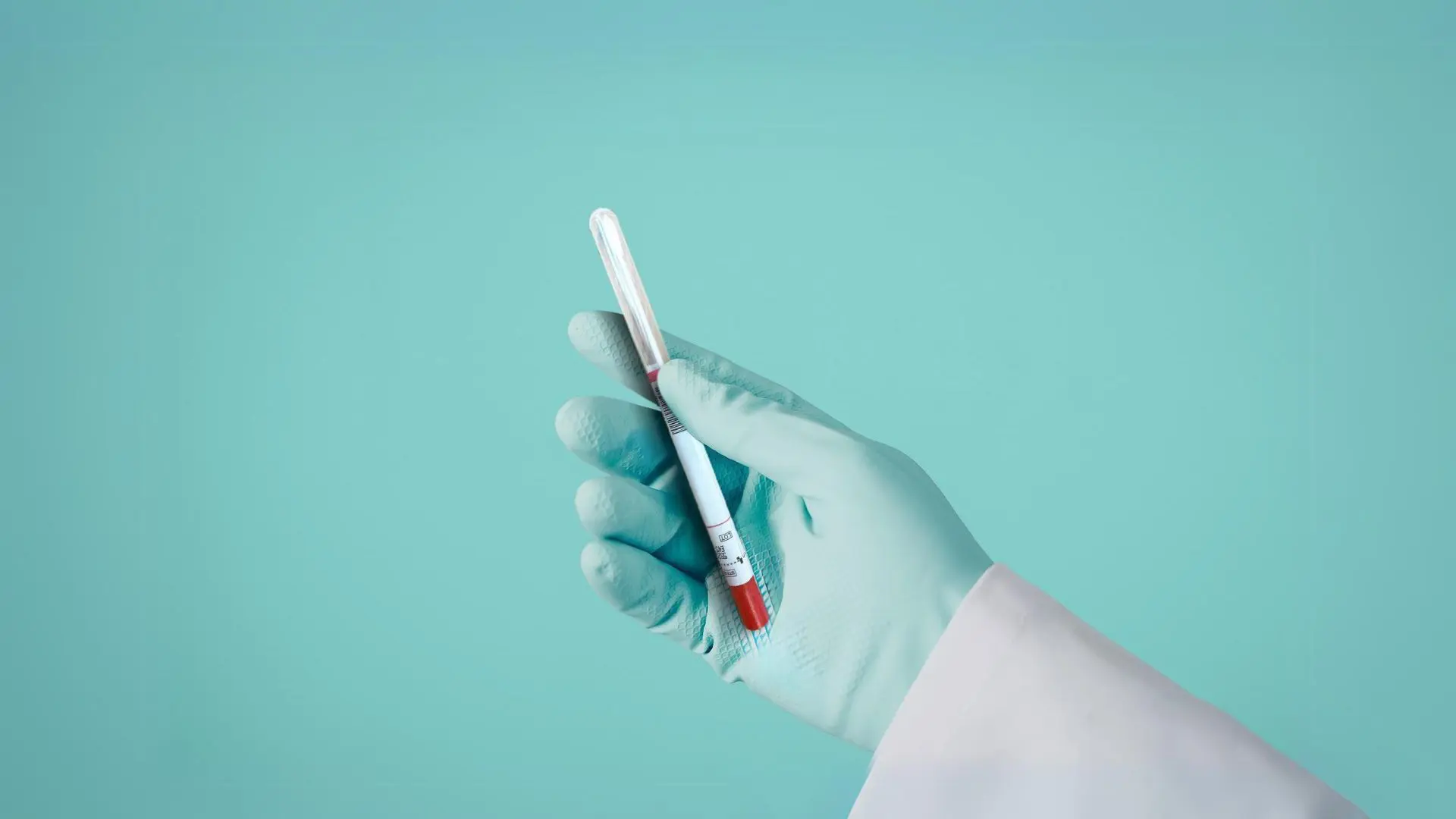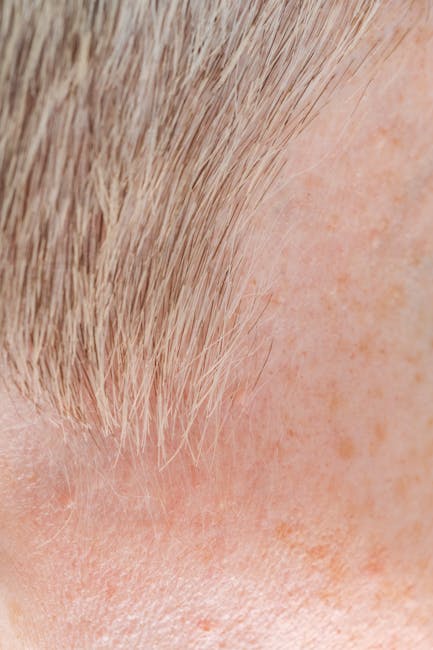Edible oil is an indispensable part of our cooking, with almost every household’s kitchen stocked with a certain amount of it. However, many people do not fully understand the correct way to use it, and incorrect practices may affect health. For example, oil leftover from frying food, if reused, can significantly increase the content of carcinogens in the oil.
Experts on television interview programs have emphasized a fact: Repeatedly heated reused oil can produce harmful substances such as acrolein, which have potent toxicity and carcinogenicity. Research shows that after using the same oil for frying seven times, the content of acrolein may increase by 30 times. Moreover, during the process of repeated use, a large amount of trans fatty acids are generated, which can lead to weight gain and even an increased risk of cardiovascular diseases and dementia.
Recommendations: For the sake of health, it is best to minimize the intake of fried foods. If you really want to eat fried foods, you can try using an air fryer as a substitute. If there is leftover frying oil that you can’t bear to throw away, consider using it as a dressing for cold dishes, and try to avoid reheating it.
In addition, the following two types of edible oils are also not recommended for consumption:
- Edible oils that have been opened for more than 3 months: Many people think that as long as the oil is within its shelf life, it is safe. However, if the oil has been stored for too long after opening, even if not yet expired, it may be at risk of mold contamination. Edible oils exposed to air for a long time are prone to oxidation and may accumulate excessive microorganisms and harmful substances such as aflatoxins, potentially causing nausea, vomiting, and diarrhea after consumption.
- Self-pressed oils from small workshops: Even though many families prefer the rich taste and strong flavor of self-pressed oils, they may pose many safety hazards. In some cases, the content of aflatoxins in the oil from small workshops may exceed the standard, which could be due to poor quality raw materials or substandard production environment and equipment. Moreover, self-pressed oils are not finely refined and may carry harmful substances and impurities.
When storing and using edible oils, the following points also need to be noted:
- Regularly clean the oil container: Clean at least once a month. When using an oil container, it’s not advisable to store too much oil; it’s better to ensure it can be used up within a week. To clean the oil container, first shake with rice water, then use eggshells and white vinegar to further remove the grease. Lastly, rinse thoroughly with water. If needed, baking soda and flour can also be used to remove grease. After cleaning, ensure the container is completely air-dried before adding new oil.
- Choice of material for oil containers: To reduce fat rancidity and oxidation, it is recommended to store edible oil in dark-colored glass or ceramic containers and avoid using metal oil cans, as metal ions may promote the oxidation of fats.
- Proper storage method: After opening the large packaging of edible oil, antioxidants such as vitamin E can be added. This not only increases the nutritional content of the oil but also helps reduce the formation of harmful substances like aldehydes and ketones.
In this article, we strive to distill the essence of the original text, enhancing the expressiveness of the content through the use of rich language. We have removed all information concerning the identities of the author, editor, and translator, as well as stripped away all images, graphic references, and sources, ensuring the focus remains solely on the textual content, free from any unnecessary elements, such as advertising promotions or calls to social media attention.
The content has now been restructured into HTML rich text format, and we have bolded important information, optimized the organizational structure of the article, and improved the reading experience using HTML elements such as quotes, line breaks, and paragraphs.







